Fred’s Pantry, a long-running food pantry run by Caring for the Hungry and Homeless of Peekskill (CHHOP), faces pressure from its landlord to cut weekly distributions in half and increase its rent payments as the holiday season approaches. A recent email from St. Peter’s Episcopal Church to CHHOP officials instructed the pantry to cut its Wednesday giveaways, and informed the group of a substantial rent increase, effective December 1st.
Fred’s Pantry, an outreach of Caring for the Hungry and Homeless of Peekskill (CHHOP) since 2010, has worked with St. Peter’s Episcopal Church, located at 137 North Division Street, to help combat hunger among residents in need. Fred’s Pantry initially operated on Saturdays but expanded to include Wednesdays in response to the pandemic, and has continued at this frequency due to the ongoing affordability crisis.
The Reverend Cheryl Parris, the interim/priest-in-charge at St. Peter’s told the Herald on Tuesday that “we are committed to maintaining the relationship but the issue is to take a look at what it takes to make the pantry possible. We never signed up for more than one day and we’ve been offsetting the cost of another day.” St. Peter’s has been charging $500 a month rent for the space used by the food pantry. A second day of food distribution began during the pandemic and has continued.
Parris was appointed interim priest in December of 2019 and is a ‘very’ part time minister. The wardens are considered the ‘leaders of the vestry’ which is the church’s governing board. “One of my challenges is that I haven’t been present because this was supposed to be a six-month position,” said Parris. She explained the relationship between the wardens and the interim priest is collaborative. “The priest would agree but the wardens set the rate,” regarding the extra cost to the church to have Fred’s operate for two days.
Fred’s unique approach to combating hunger considers not only the need for its patrons to access any food, but also healthy and nutritionally dense food – recognizing that healthy food leads to far better societal outcomes, whether economic, educational, or mental health. For 13 years, Fred’s Pantry has played a crucial role in addressing hunger in Peekskill, and is projected to feed over 75,000 individuals by the end of December. 50 percent of those helped by the pantry are fully employed but struggling with the affordability crisis.
This has long reflected a marriage of shared interests between Fred’s Pantry and St. Peter’s Episcopal Church’s commitment to a more just and friendlier society. St. Peter’s and the broader Episcopal church have long committed to combating all forms of oppression, including food scarcity. In 2022, the Episcopal Church of the United States stated, “As Christians, we accept the call of the Lord Jesus Christ to feed the hungry… It is vital that all of society: government, the private sector, nonprofits, the faith community, and individuals alike, work in concert to build a national community in which no person goes without healthy, nutritious food.” The relationship between Fred’s Pantry and St. Peter’s appears to be one of the many examples of the intermingling of faith and justice.
However, this relationship appeared to come under strain when St. Peter’s emailed a letter to Fred’s Pantry last week, demanding that Fred’s Pantry significantly reduce its inventory, cut its weekly schedule to only Saturday distribution, and also pay substantially more money to rent the space beginning December 1st. Church wardens have since retracted the email, stating the message was intended for internal discussion and should not have included Fred’s Pantry. The email, signed by Harry Cordero, the Junior Warden, and cc’d to Senior Warden Ellie Moshier, refers to “A survival that can only be insured by constant overview of its resources and obligations.”
In conversations with wardens Ellie Moshier and Harry Cordero, both stated that Fred’s Pantry’s relationship with the church was strained when Fred’s changed ministerial partnership from St. Peter’s to the Church of the Divine Love, another Episcopal congregation in Montrose two years ago. The ministerial partnership refers to who signs off on grants from the Episcopal Church, and has no material ramifications for St. Peter’s. In effect, it simply means an Episcopal church supports a program. On the matter, Cordero stated, “When you decide to change your relationship, we are no longer partners.”
Both wardens stated there are other food distributions/banks in the city that can make up for the difference of Fred’s shutting down and limiting its inventory. Moshier observed, “If you have a pantry every day of the week then you’ll have a line. This is our house, if we are asking you to go back to Saturdays, what is the problem?” Church officials did not provide data to show how eliminating a Wednesday distribution might be replaced.
In a food program that feeds just under 2,000 people per week, cutting weekly distribution in half is likely to have a noticeable impact. As the use of food banks continues to grow due to inflation and economic turmoil, institutions like Fred’s across the country make the difference between families going hungry or not.
Parris observed that when Fred’s began they were the ‘only game in town’, saying that now there are other food pantries in Peekskill, and the additional use has caused wear and tear on their building. “It is a big enterprise, but we have a commitment as the co-founders of the Pantry,” said Parris.
The hunger crisis is far from over, both in Peekskill and the United States. According to Reuters, 26.5 million Americans sometimes or often do not have enough to eat. A majority of these people, now relying on food banks, are either the working poor or the elderly struggling with the increased cost of housing and food prices.
While the need to find a new location is a very real possibility, according to CHHOP Board Chairman John Smith, it is essential that Fred’s Pantry is centrally located, as many of Fred’s patrons do not have cars. Likewise, it needs to be affordable, as every dollar put into rent is taken out of the funds to pay for food. For Fred’s Pantry to maximize its impact, the changes demanded by St. Peter’s could be potentially troubling for those that Fred’s Pantry supports.
Currently, Fred’s Pantry and St. Peters continue to look for a compromise, either for the short or long term future. Conversations are expected to continue throughout this week. There remains the very real possibility of Fred’s Pantry being forced to move to a new location or find another means of distribution if a long-term solution cannot be found.
Nonetheless, as the holiday season approaches, it’s imperative to remember that hunger remains an existential issue for many families in Peekskill and across America as expenses continue to grow. Food banks are essential to society as food scarcity leads to greater illness, weaker students, and more violence. The less hunger a society has, the more prosperous, safe, and optimistic it becomes. Perhaps with this in mind, both forces of faith and justice can find a way to relieve some of the hunger in Peekskill.




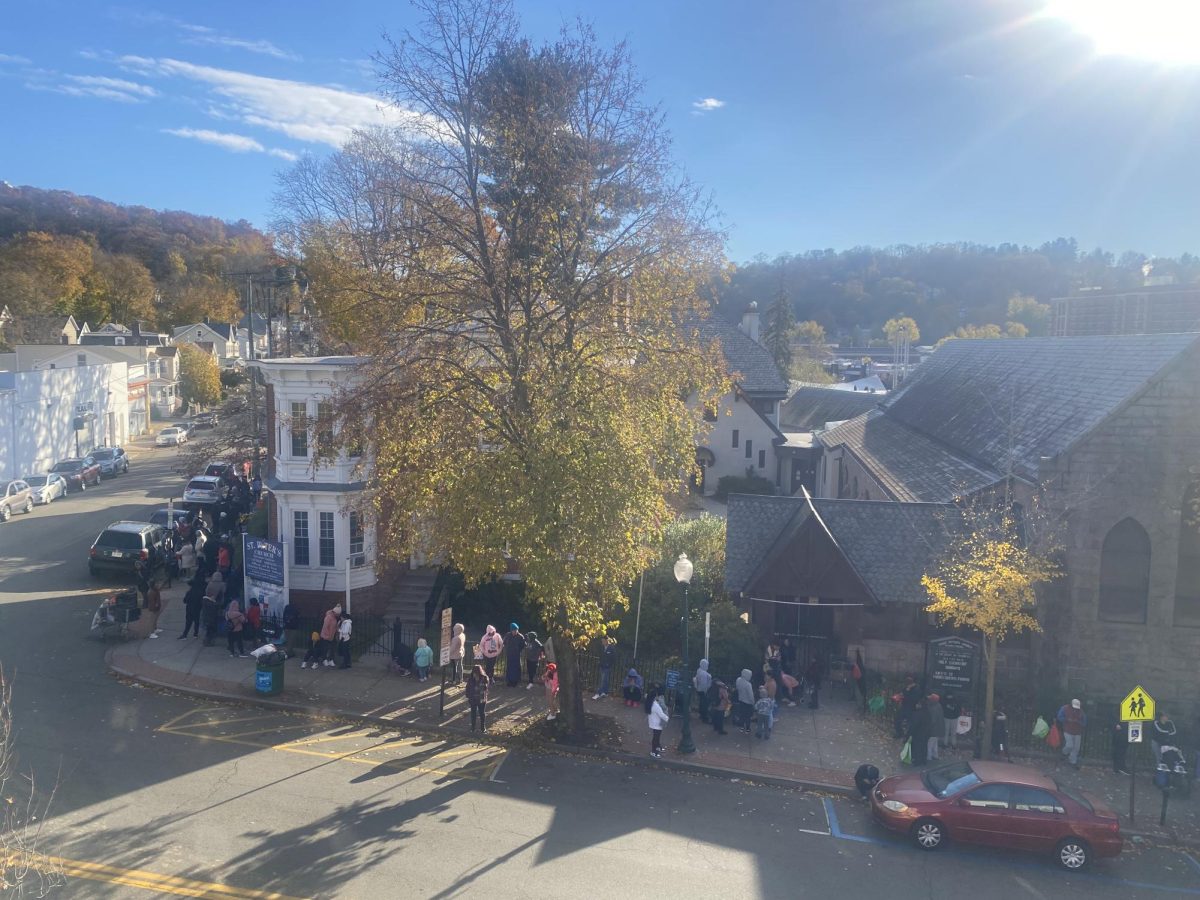


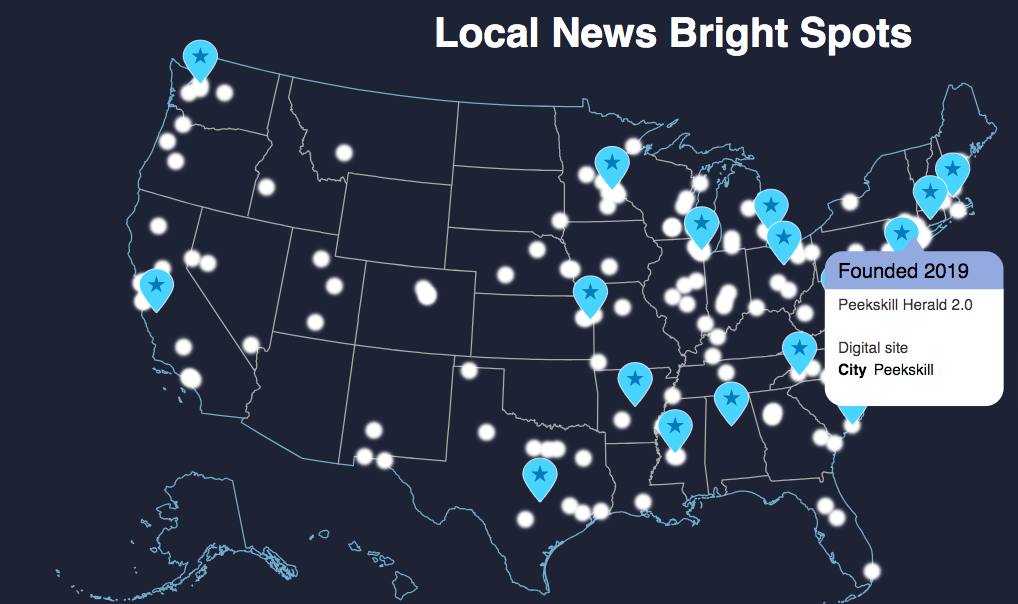



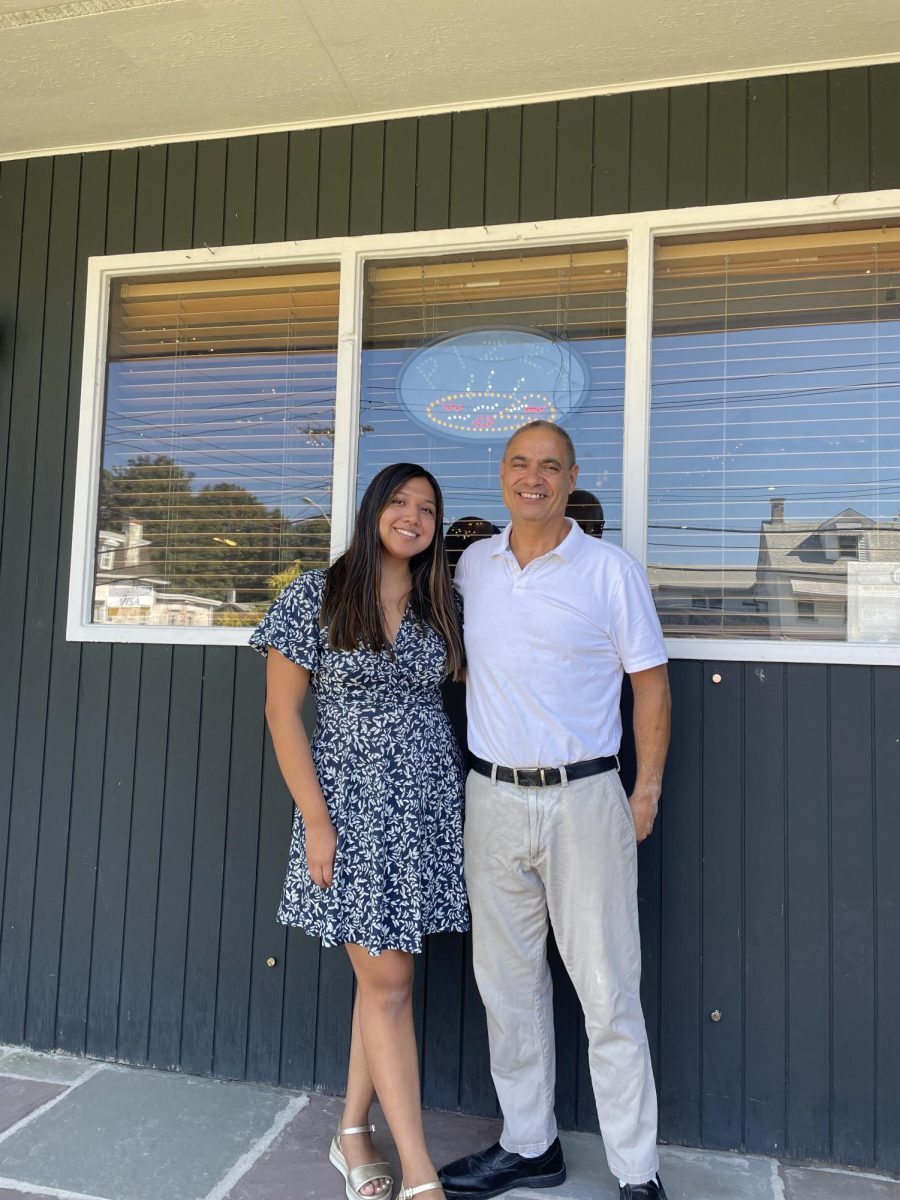
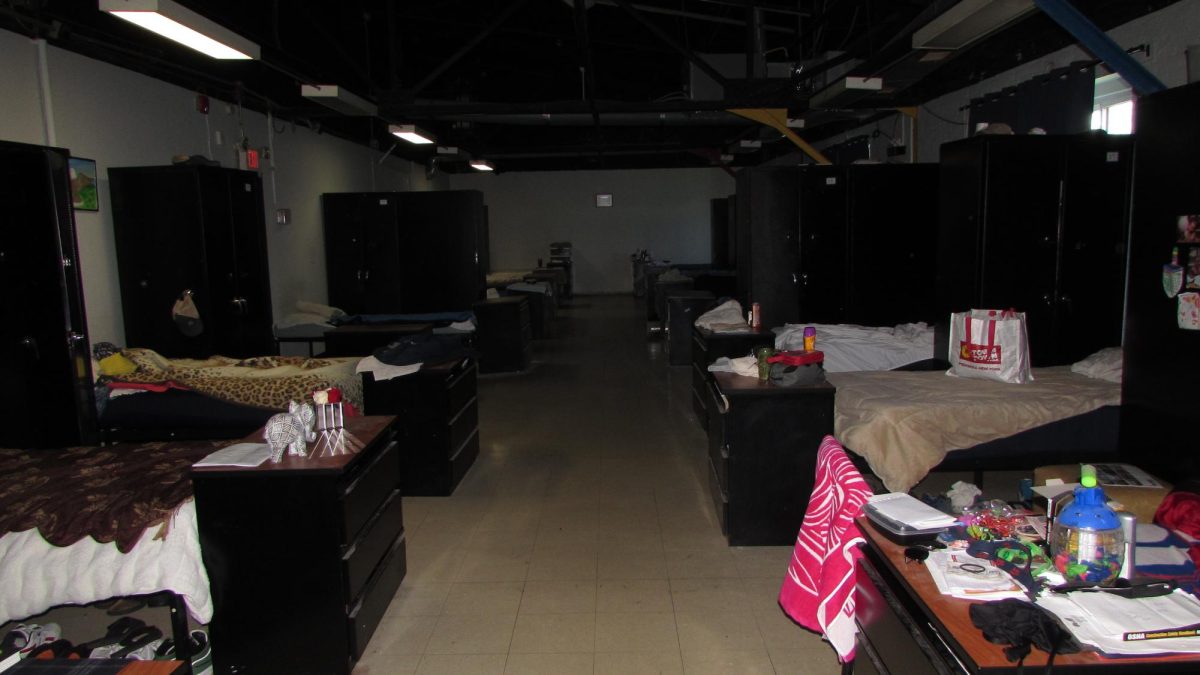
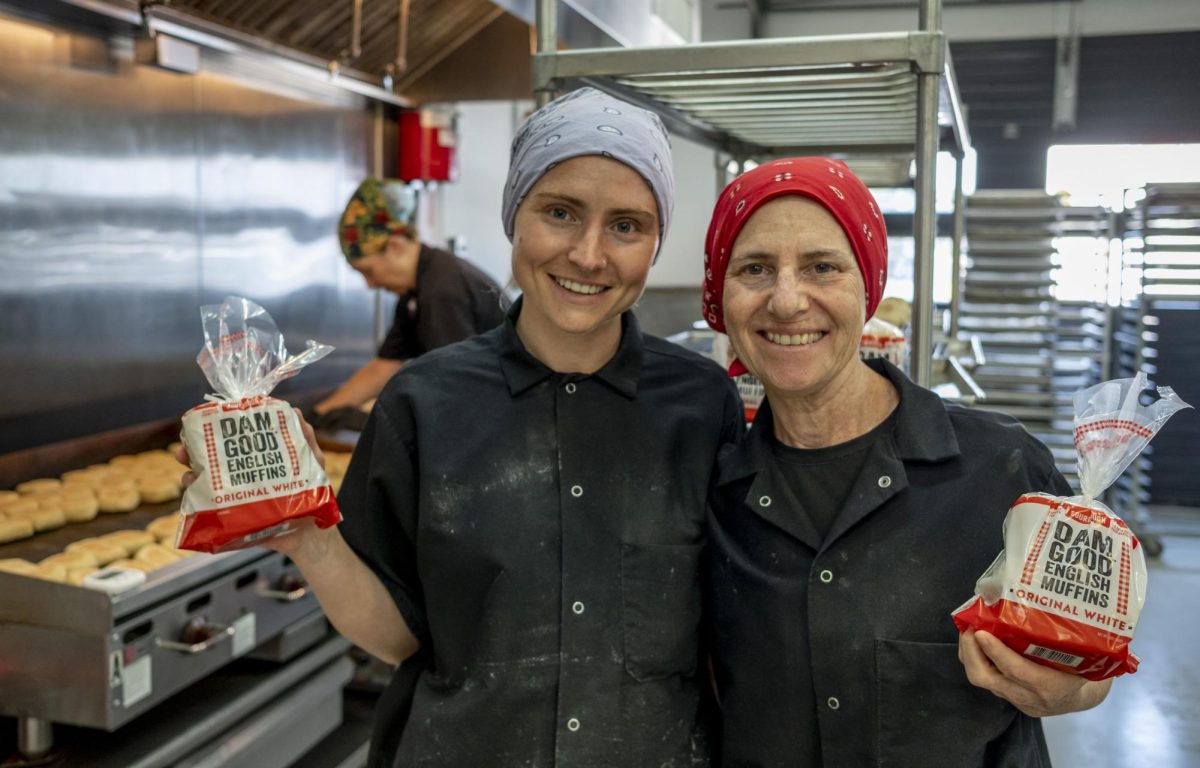




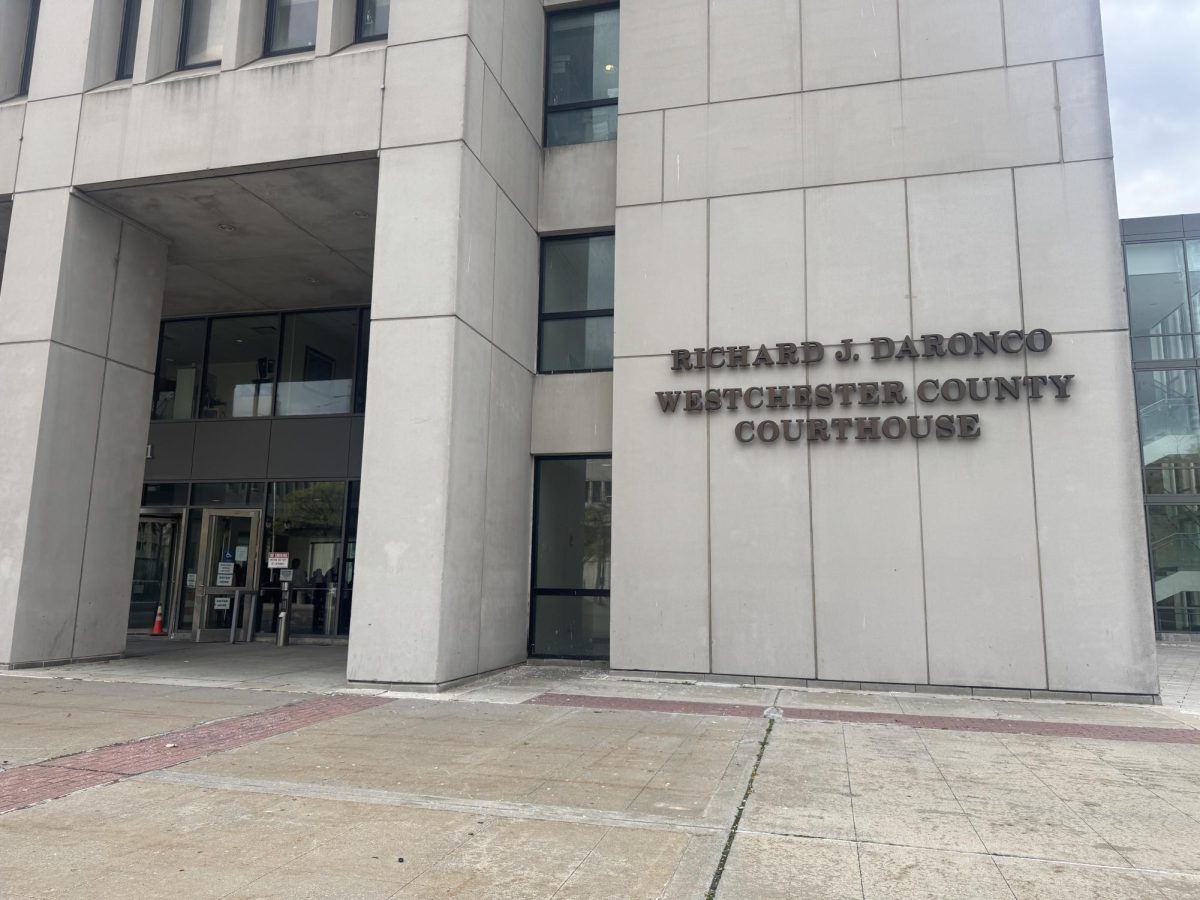



![Peekskill girls volleyball in action against Fox Lane on Oct. 16. (Peekskill City School District]](https://peekskillherald.com/wp-content/uploads/2025/10/Lead-photo-6-1200x640.jpg)